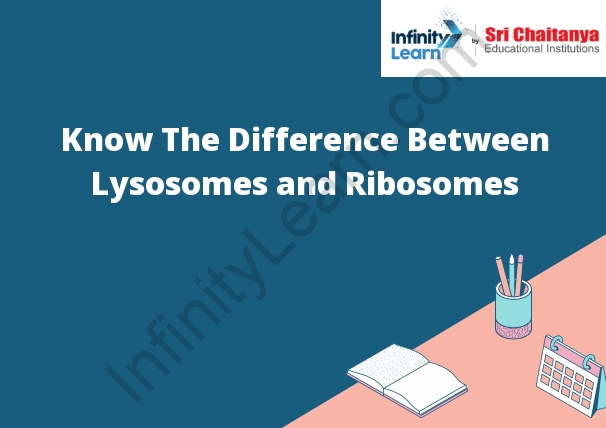Table of Contents
Difference between lysosomes and ribosomes
Lysosomes are organelles in the cell that are responsible for breaking down proteins and other molecules. Ribosomes are organelles in the cell that are responsible for producing proteins.
Lysosomes are sacs that digest food within the cell, and ribosomes are the organelles that produce proteins. Lysosomes are smaller than ribosomes, and they are located inside the cell, while ribosomes are located on the outside of the cell.

Lysosomes
are sac-like organelles that are present in the cytoplasm of all eukaryotic cells. They are membrane-bound vesicles that contain hydrolytic enzymes that digest macromolecules. The enzymes are released into the cytoplasm when the lysosomes fuse with other vesicles or the plasma membrane.
Lysosomes are important for cellular digestion and recycling. The hydrolytic enzymes digest proteins, lipids, and nucleic acids, and the products of digestion are recycled back into new molecules. Lysosomes also play a role in cell signaling, and they can fuse with the plasma membrane to release their enzymes into the extracellular environment.
Ribosomes
are the cellular organelles that are responsible for the translation of genetic information into proteins. Ribosomes are composed of two subunits, a small subunit and a large subunit. The small subunit is responsible for the initiation of translation, while the large subunit is responsible for the elongation of the peptide chain.
Difference between Lysosomes and Ribosomes
- Ribosomes and lysosomes are two types of organelles that can be found in cells. Ribosomes are responsible for protein synthesis, while lysosomes are responsible for the degradation of proteins and other cellular components. Although both ribosomes and lysosomes are important for the function of cells, there are some key differences between them.
- One of the key differences between ribosomes and lysosomes is their size. Ribosomes are typically around 20-30 nanometers in diameter, while lysosomes are around 500-700 nanometers in diameter. This size difference is due to the fact that ribosomes are composed of smaller RNA molecules, while lysosomes are composed of larger RNA molecules.
- Another difference between ribosomes and lysosomes is their function. Ribosomes are responsible for protein synthesis, while lysosomes are responsible for the degradation of proteins and other cellular components. This difference is due to the fact that ribosomes are composed of smaller RNA molecules, while lysosomes are composed of larger RNA molecules.
- Finally, ribosomes are found in all types of cells, while lysosomes are found mainly in cells that undergo phagocytosis. Phagocytosis is the process by which cells engulf and digest particles, such as bacteria or other cells. This difference is due to the fact that ribosomes are composed of smaller RNA molecules, while lysosomes are composed of larger RNA molecules.






